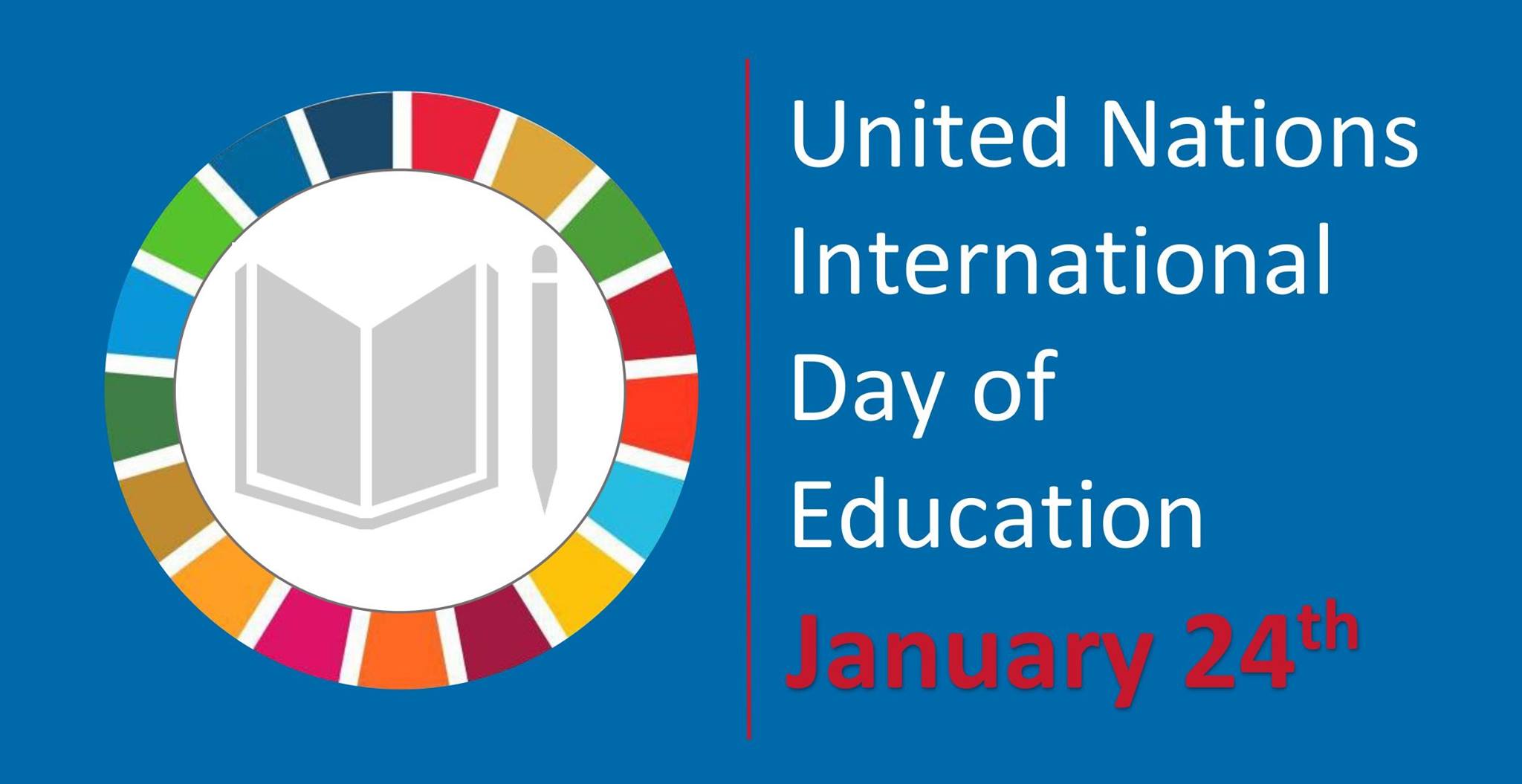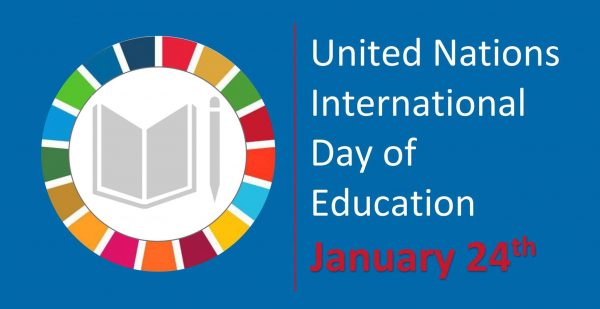Today is the United Nation’s first ever International Day of Education. At the United Nations General Assembly, held on December 3, where the body reached a consensus declaring January 24 as the ‘International Day of Education.’
Recall that the resolution was co-authored by Nigeria and 58 other member states, in partnership with the UN Educational, Scientific and Cultural Organisation (UNESCO), UN Children’s Fund, and the UN Women and Collegiate Congress.
The role of education in the development of a nation cannot be overstated. Access to equitable and quality education is a beneficial human right and the duty of every state to its people.
Figures
According to UNESCO, about 262 million children and youth do not go to school; 617 million children and adolescents are lacking basic math skills; a little below 40% of girls in sub-Saharan Africa conclude secondary school, and about 4 million children and youth refugees are out of school.
It is a huge slap in the face of the federal government of Nigeria, that a resolution it co-sponsored to the UN General Assembly is celebrating its first day and the country’s tertiary institutions have remained bereft of any academic activities for months.
The prolonged strike action following a series of unfruitful meetings involving the FG and Academic Staff Union of Universities (ASUU), utterly defeats the purpose of celebrating the International Day of Education in Nigeria.
Notwithstanding the glaring difficulties Nigeria’s academic sector has been beset with in recent times, we choose to celebrate our many wins so far in this area, as we hope for a better tomorrow for education in Nigeria.
The Director General, UNESCO, Audrey Azoulay, in her commemorative message to mark the International Day of Education, has called on all member states to double their actions towards the development of education starting at the grassroots.
“This day is the occasion to reaffirm fundamental principles. Firstly, education is a human right, a public good and a public responsibility. Secondly, education is the most powerful force in our hands to ensure significant improvements in health, to stimulate economic growth, to unlock the potential and innovation we need to build more resilient and sustainable societies. Lastly, we urgently need to call for collective action for education at global level.”
Featured image source: newyork.carpe-diem.events


